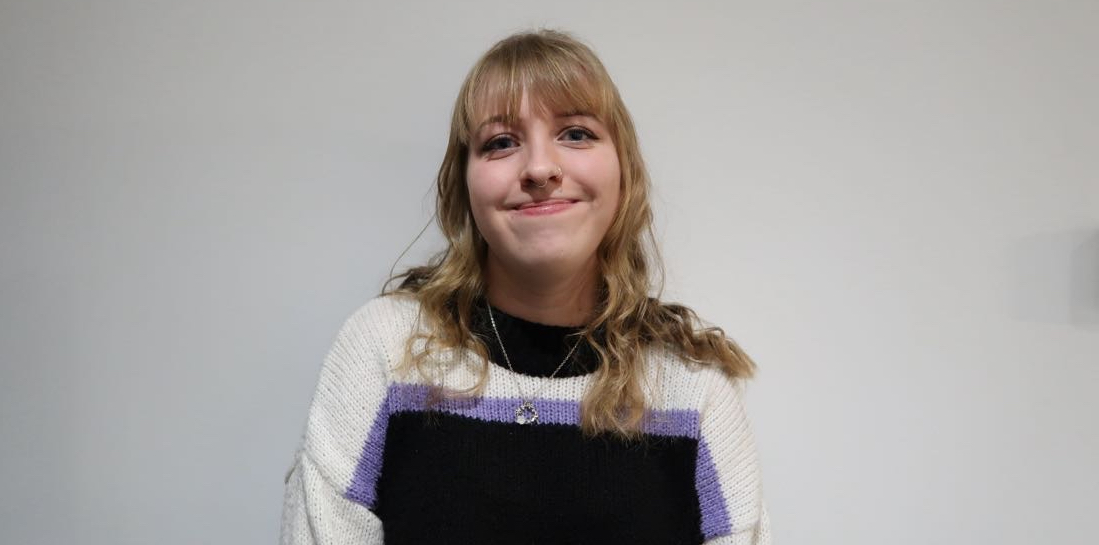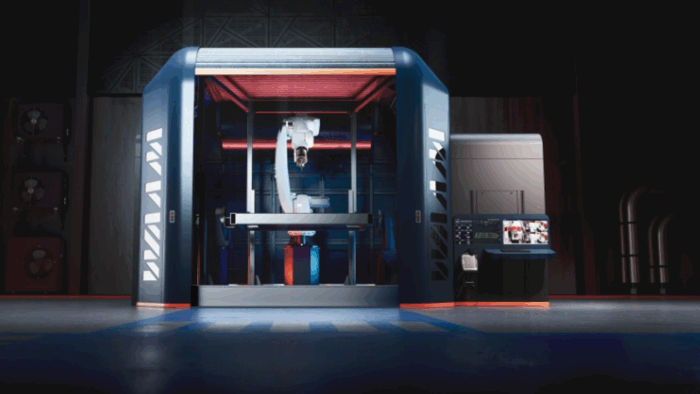The Sustainability Toolkit was unveiled as one of three major initiatives launched together at the Engineers 2030 event on 18th March 2024, hosted at the Royal Academy of Engineering. There were a number of prestigious speakers, but the keynote that made everyone sit up most and which set the tone for the discussion for the rest of the event was by Kayley Thacker, a third year Chemical Engineer at the University of Birmingham.
Kayley has kindly given us permission to reproduce her keynote in full.
Why did you decide to be an engineer? This is a question that I’m sure follows us wherever we go, from our initial steps into university to the various stages of our careers.
Perhaps this is asked so frequently because many people are uncertain about what engineers actually do. The common assumption is that we generally fix things – whilst sometimes true, there is so much more to engineering than that. Engineers have had an impact, whether good or bad, on every aspect of our lives today, and we all have varied and profound reasons for entering this field.
At school, I was one of those people who would change their dream job every week. I went from being an author, to a baker, to a marine biologist. However, I knew I wanted a career that would constantly teach me new skills, where I would be challenged and pushed out of my comfort zone, and where I would get to work with a diverse range of people of different skill sets and backgrounds – but above all I wanted to make a difference in the world.
One day, I decided to entertain the idea of studying engineering, which seemed like an absurdity. Me, an engineering student? I was the girl who was told off for reading books during lessons, and isn’t engineering supposed to be a ‘boy’ subject anyway?
Regardless, I decided to do some more research and I was hooked. Engineering seemed like a dream – it would be both academically invigorating and would equip me with the skills to change the world. And here, I began to understand that engineering wasn’t just about fixing things – it was about understanding complex systems, innovating technology and working collaboratively across disciplines to bring about positive change. I carried this sentiment with me to university, where I started my degree in Chemical Engineering at the University of Birmingham.
University experience
My engineering degree has, for the most part, lived up to my expectations. It has certainly been a challenging journey, pushing me to the limits of my problem-solving skills. With the technical knowledge I have gained, I feel as though I am equipped with the skills to work with the current infrastructure in our society. However, there has always been something lacking – a disconnect between the theoretical concepts I am learning about and the real world.
This reflection has led me to the question: shouldn’t our education be as much about forging paths for the future as it is about understanding the constructs of the past?
Another problem that has stood out to me during my time at university is the fact that different types of engineers are taught in isolation. As a chemical engineer, I have never had the opportunity to work alongside mechanical, civil and electrical engineers for example. We aren’t even able to access the engineering building or any of its facilities! Why is it that engineers are educated separately, when we are all working alongside many other disciplines to solve the same problems? Even beyond that, the challenges we face today require a collaborative and interdisciplinary approach, one that our current system does not fully embrace.
Towards the start of my first year at university, we were told a staggering statistic rather offhandedly by our lecturer: “90% of the things we are going to learn about, we will never use in our careers.”
This is quite a bleak truth to tell to a group of wide-eyed students, eager to learn all that they can. And this has echoed throughout every module, every assignment, every new topic we are taught. Even if we don’t directly use this knowledge, why aren’t we taught the critical thinking skills that allow us to apply this learning elsewhere?
Additionally, there is a distinct lack of responsibility being taught in our courses. Why is it that ethics and responsibility are integral to the training of doctors and lawyers, but is more often than not tacked on to the end of engineering degrees?
Engineers are responsible for the construction of buildings, motorways, vehicles, the food we eat, the products and devices we use. Every day, we use things that have been desgined and created by engineers. And if we make a mistake in those designs and creations, thousands of people can be affected.
So where did the message get lost? Why does it feel as though the responsibility of an engineer is taken for granted? Shouldn’t our education be explicitly led with the responsibility we will shoulder throughout our careers?
Engineers need to be categorically trained to put people and the planet first.
Call for change
Ask yourselves, what does an engineer 5, 10, 30 years from now actually do? With the advent of tools such as AI and machine learning, would engineers be better off developing our skills beyond the fundamentals? The modern engineer not only needs to be equipped with mathematical and scientific knowhow, but also needs to be able to draw on a range of soft skills such as critical thinking, interdisciplinary collaboration and global awareness. It is clear that the traditional expectations of engineers are expanding. We need to prioritise skills that foster innovation, sustainability and ethical responsibility. These are the tools that will empower engineers to not only cope with future challenges, but to be at the forefront of finding their solutions.
Despite university education offering a wealth of interesting and complex material, there is something evidently wrong with the way engineers are being educated if the main takeaway from our education is a stark awareness of its deficiencies rather than the engaging content and skills we are taught.
It is clear that our education needs to be more grounded in the modern era if we are to solve 21st century challenges. In order to best develop our education, it is critical that students are kept in the loop and actively involved throughout the entire change process. We require an education system that is not only adaptive and responsive to the needs of students, but also one that anticipates and exceeds the evolving expectations of our society.
Reflecting on the way in which engineers have already shaped our world, we have to recognise that whilst engineers have achieved remarkable feats, their endeavours have also contributed to some of the most pressing challenges we face today.
Years ago, engineers wanted to vastly improve our lives, however they lacked the foresight of what their creations would do – they often overlooked the long-term environmental and societal impacts they would have. And even now, we have limited time to sort things out, with looming deadlines of the UN Sustainable Development Goals fast approaching.
The consequences of our actions, or rather our inactions, are undeniable, and there is a desparate need for change. Despite these challenges, we are all here today because we believe that our current systems can change, that through working together we can equip the engineers of tomorrow with the skills to protect our planet and our quality of life.
Reflections
We are so fortunate to have environments such as universities available to us, to help us hit the ground running in our careers. However, the journey of an engineer does not end with a degree. The rapidly changing world requires engineers to continually adapt, learn and apply new skills, and cultivating a mindset of continuous learning and improvement must be a priority of engineering degrees. Engineers inherently solve complex problems, and the upcoming cohort needs to be equipped to see complexity in different ways, beyond equations and traditional methods.
So I’d like to return to my initial question: why did you decide to become an engineer?
Many of my peers admit that they were attracted to the degree’s prestige, and how it can be used as a launchpad into careers such as finance or business. While these are important fields, it does make you question the purpose of an engineering degree. How can we realign our focus to attract creative problem-solvers and innovators to the field of engineering? And how can degree programmes be tailored to suit the needs of an ever-changing world?
As we gather here today to both celebrate and reflect on the progress made so far, it is clear that we must embrace the strengths of our current systems and still be open to feedback and growth, ensuring that engineering education not only meets but exceeds the demands of the future.
Universities have already shown a capacity to adapt to and navigate change. For example, the rapid development of artificial intelligence over the past few years has already caused universities to question their teaching and assessment methods. The climate crisis has been an ongoing threat for decades, so why has this urgent issue not prompted a similar response? One ‘difficult to navigate’ change to our education can positively benefit thousands of upcoming engineers. Even if system change feels difficult, remember why it is so important.
I would like to end my keynote with a reminder of why we are here this afternoon. The students of today and tomorrow are the future of engineering – we are at the starting line of our careers and we need to leave university with the ability to keep up with the pace of an ever-changing world.
I am thankful for the opportunity to share my views with you, however I am just one voice. There are tens of thousands of engineering students going through the education system right now that aren’t well represented in this room. I hope that, after today, we can continue to use student voices to best inform the direction of education so that as many new engineers as possible can feel this change.
Engineering is not just a career, but a calling to enact positive change, and it is critical that upcoming engineers feel empowered to do so with the right skills and confidence to make a difference in the world.
Visit Engineers 2030, a cross-sector initiative led by the Royal Academy of Engineering, to foster a new generation of engineers who understand that their purpose is to create change for the benefit of the planet and its inhabitants.
The Sustainability Toolkit, created by the EPC in partnership with the Royal Academy of Engineering and Siemens, was launched at the Engineering 2030 event, alongside Engineers Without Borders UK’s Reimagined Degree Map. A webinar to celebrate the launch of the Toolkit and explore its resources will be held on 28th March 2024 – register here.
This post is also available here.
Any views, thoughts, and opinions expressed herein are solely that of the author(s) and do not necessarily reflect the views, opinions, policies, or position of the Engineering Professors’ Council or the Toolkit sponsors and supporters.




